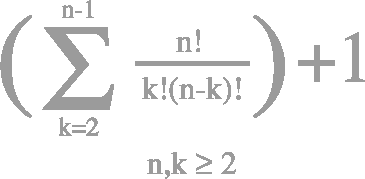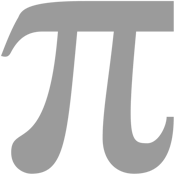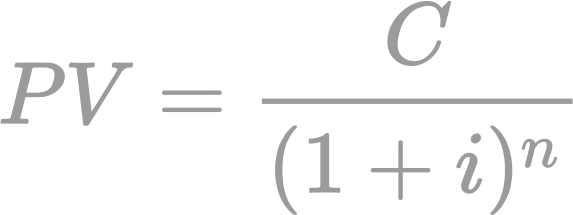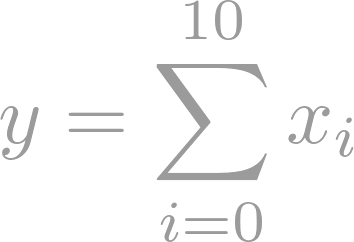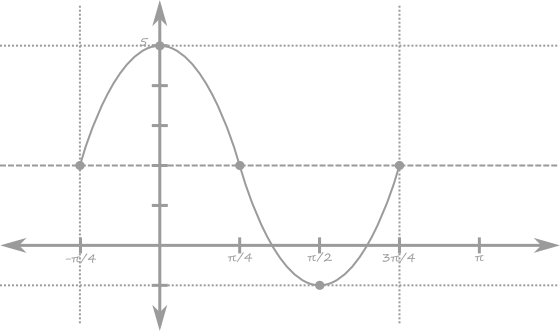The course develops the properties of the complex number system, treated as a generalisation of the real number system. We explore the parallel analysis that results, with a particular emphasis on differentiability, analyticity, contour integrals, Cauchy’s theorem, Laurent series representation, and residue calculus.



